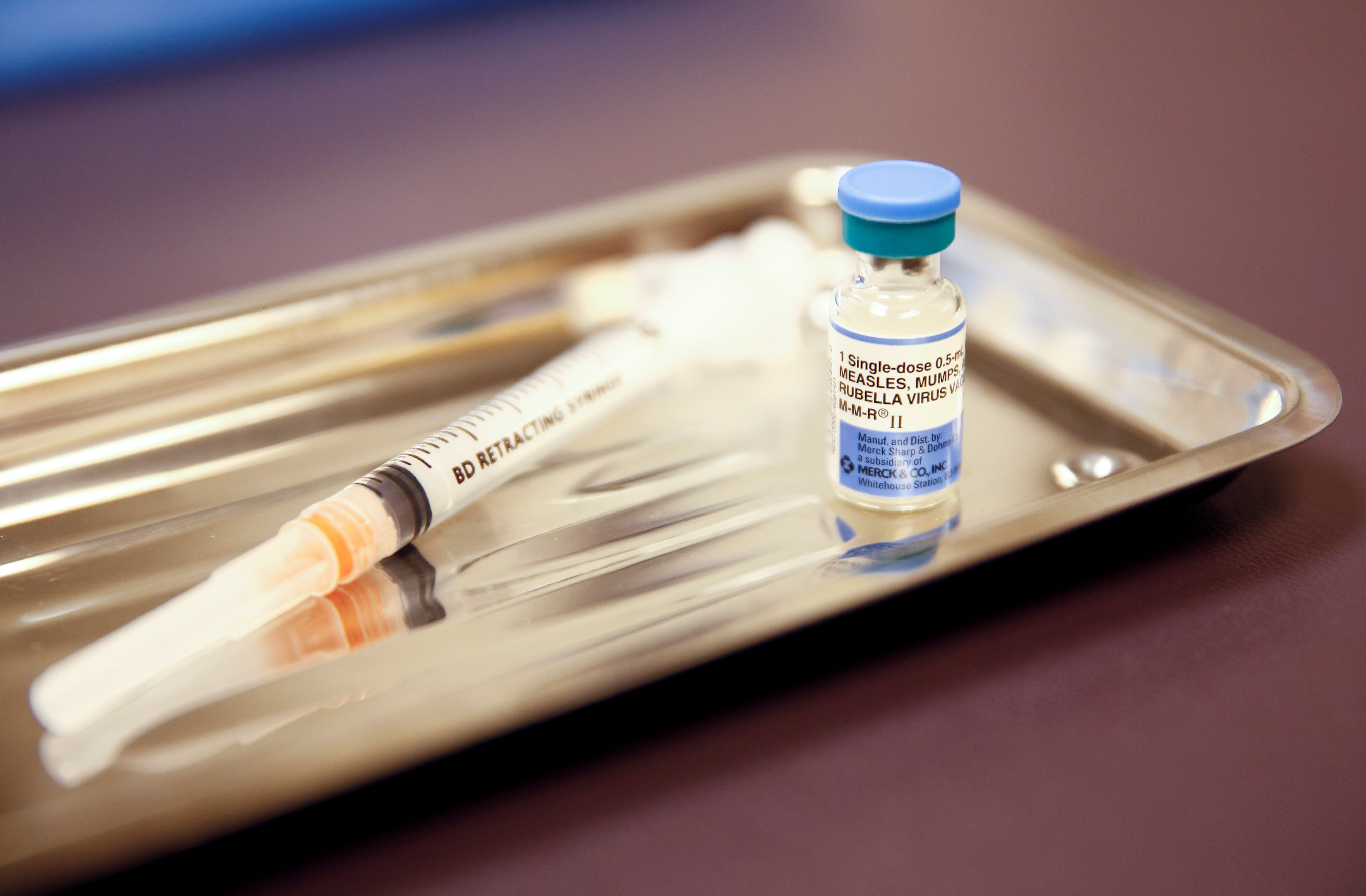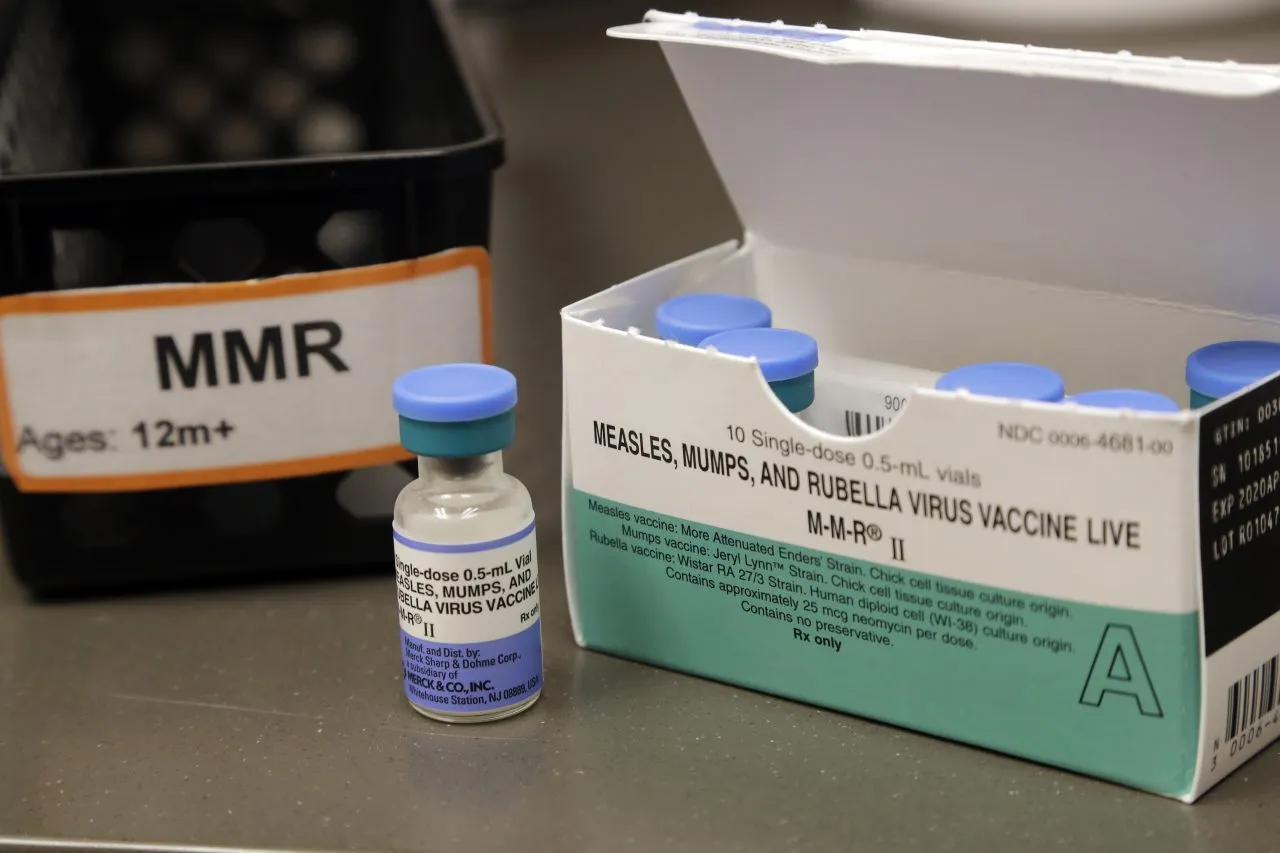The U.S. Centers for Disease Control and Prevention (CDC) announced on Friday that the number of measles cases in the United States has risen to 62 as of Thursday, surpassing the total count for the entirety of last year. This increase in cases has raised concerns among health authorities, prompting urgent calls for vaccination to curb the spread of the highly contagious virus.

Health Advisory and Vaccination Urgency
In response to the escalating measles cases, the CDC issued a health advisory on Monday, specifically targeting children and international travelers, emphasizing the importance of vaccination. With total cases reaching 58 just last week, health officials are urging proactive measures to combat the spread of the disease. Vaccination remains the most effective means of prevention against measles, and health authorities are urging individuals to ensure they are up to date on their immunizations.
Vulnerability Among Unvaccinated Children
A significant portion of the reported measles cases this year has been among children aged 12 months and older who have not received the measles-mumps-rubella (MMR) vaccine. This underscores the vulnerability of unvaccinated individuals to the virus and highlights the importance of timely vaccination in preventing outbreaks. Measles poses a particularly high risk to young children under the age of five, making vaccination a critical safeguard against the disease’s spread within communities.
Global Concerns and Immunization Gaps
The World Health Organization (WHO) issued a global warning on Tuesday, drawing attention to “big gaps” in immunization programs that place more than half of the world’s countries at high or very high risk of measles outbreaks by the end of the year. This global concern underscores the need for concerted efforts to address immunization disparities and ensure widespread access to vaccines. Measles outbreaks can have devastating consequences, particularly in regions with limited healthcare infrastructure, making global vaccination initiatives essential in preventing the resurgence of the disease.

Measles remains a significant public health concern, despite the availability of vaccines. The airborne nature of the virus and its highly contagious nature highlight the importance of maintaining high vaccination coverage to prevent outbreaks and protect vulnerable populations. Through continued vaccination efforts and public health awareness campaigns, health authorities aim to mitigate the impact of measles and safeguard community health against preventable diseases.
